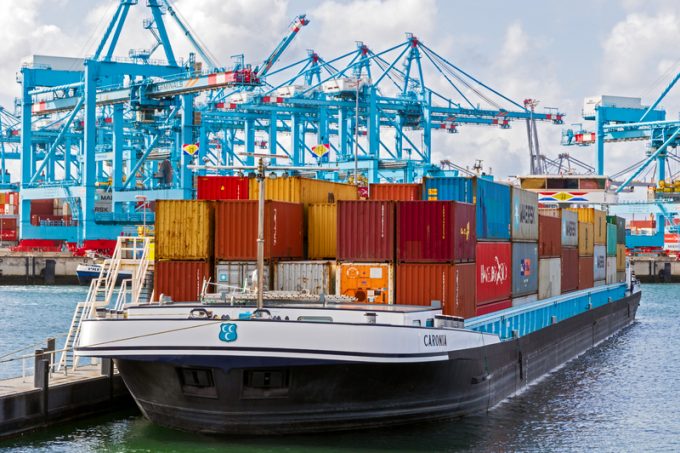Trend for vertical integration may not be right for multimodal transport
Carriers and shippers with ambitions to be integrators looking to “take the forwarder out” of ...

Congestion is on the rise again across Northern Europe’s inland waterways, leaving shippers scrambling to retrieve their containers.
Barge operator Contargo’s congestion times spiked this week, with delays to Rotterdam services hitting a four-week high of 89 hours.
This is up more than a day on last week and undoing the slow but gradual easing of the delays experienced over the past month.
SeasC4U’s Gunther Ginckels told The Loadstar the refusal of barge operators (not the owners) to work together to optimise capacity and ...
Volcanic disruption at Anchorage could hit transpacific airfreight operations
Macron calls for ‘suspension’ – CMA CGM's $20bn US investment in doubt
Forwarders stay cool as US 'liberation day' tariffs threaten 'global trade war'
Shippers snap up airfreight capacity to US ahead of tariff deadline
De minimis exemption on shipments from China to the US will end in May
Tighter EU import requirements proving 'a challenge' for forwarders
Looming Trump tariffs will create 'a bureaucratic monster' for Customs

Comment on this article